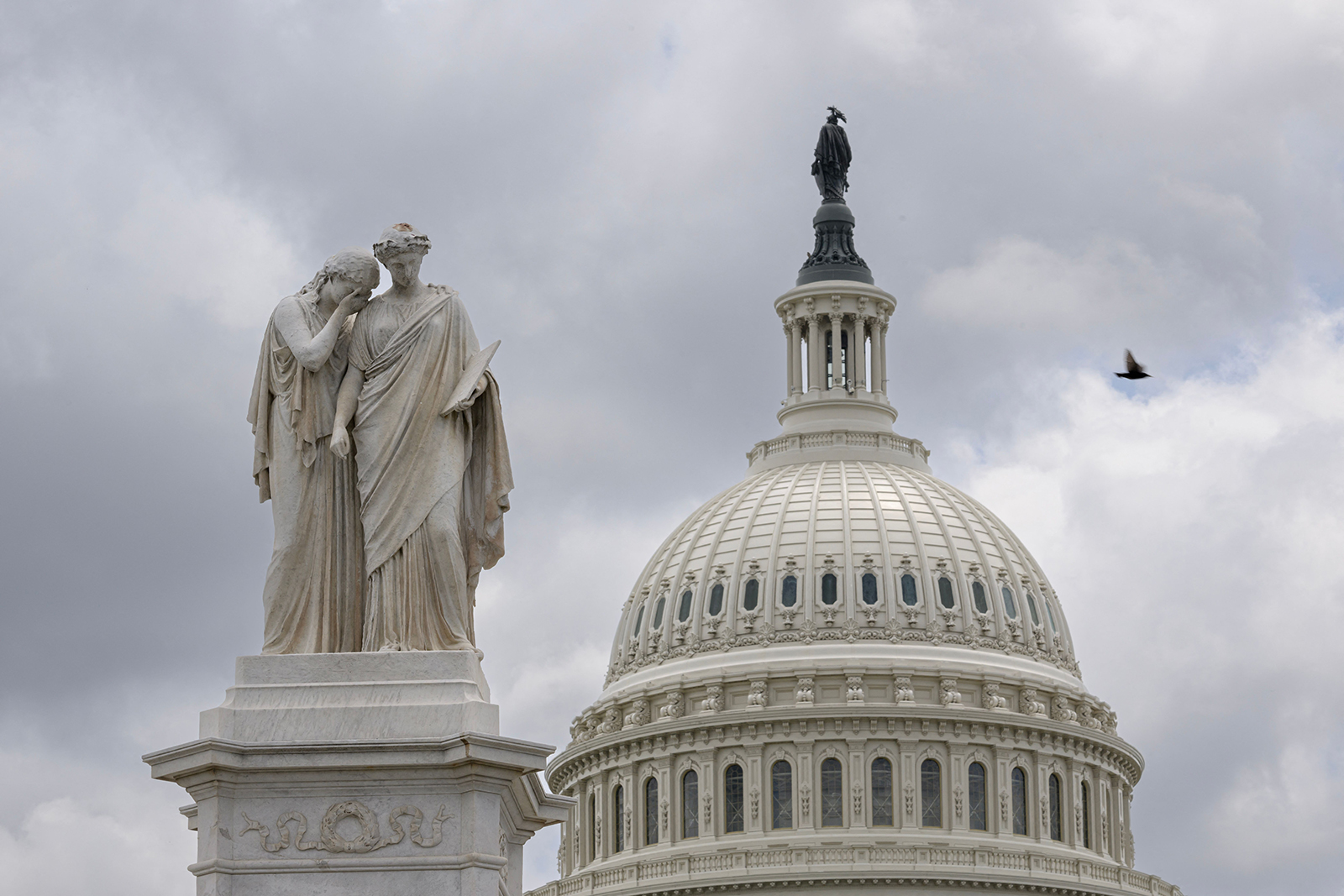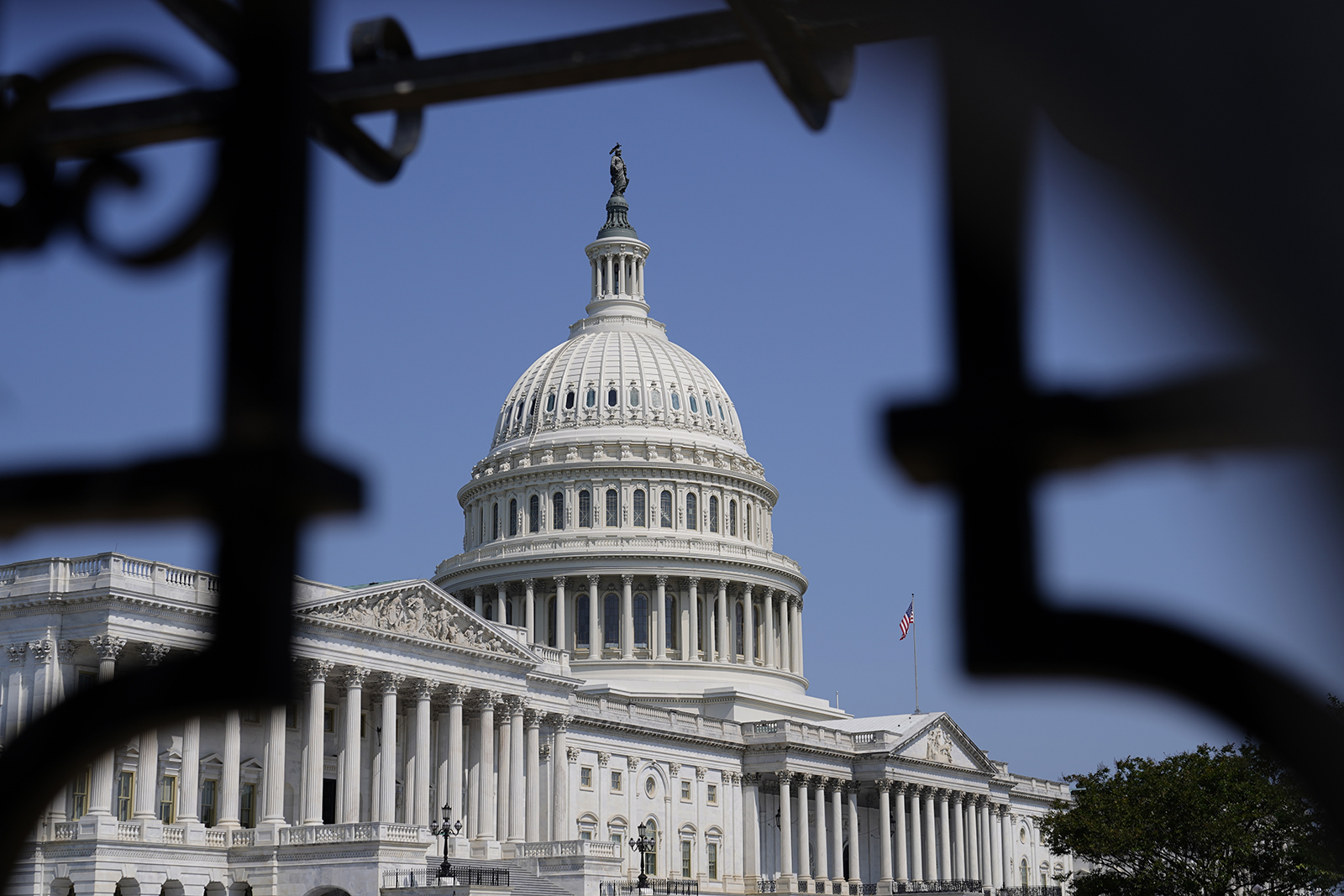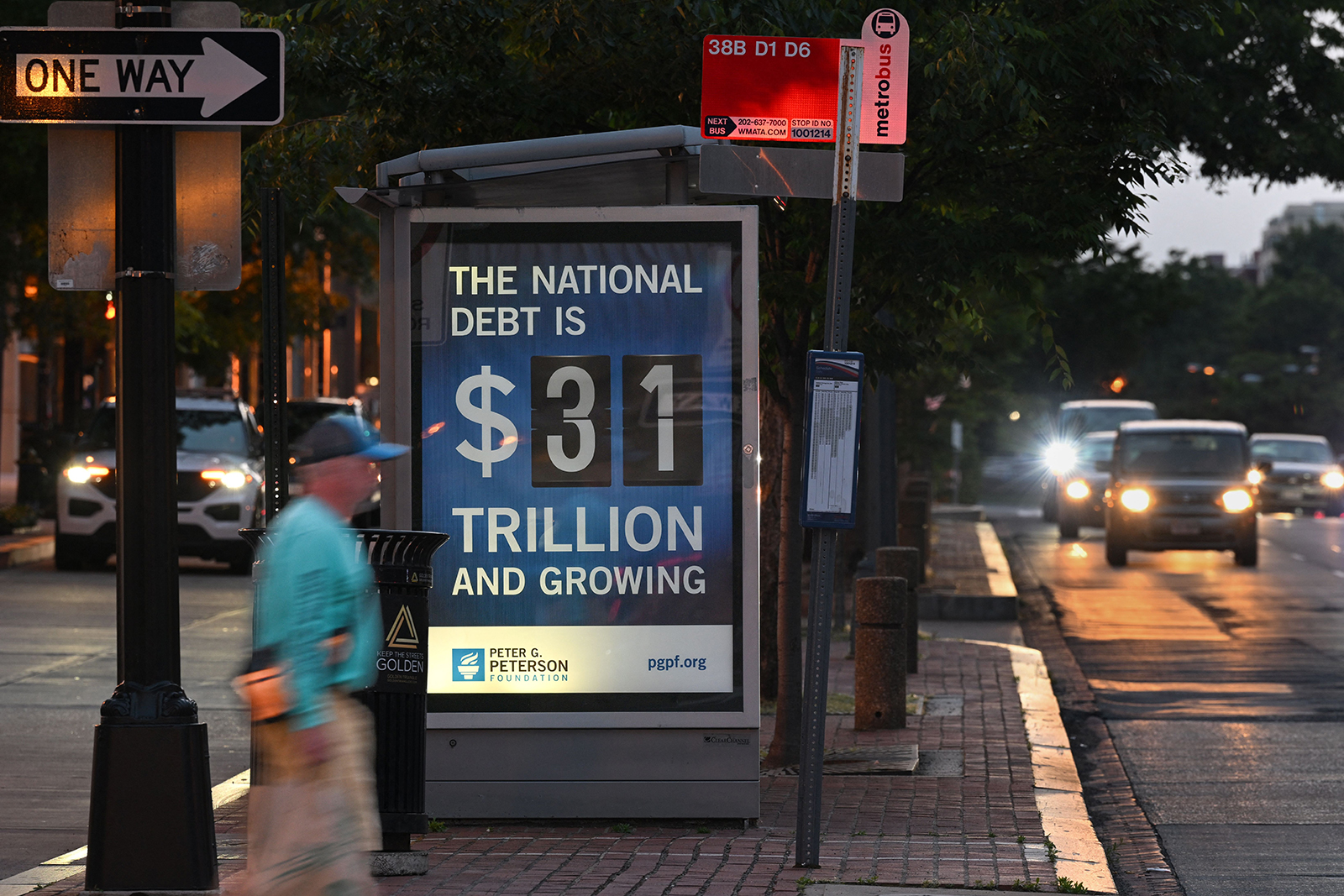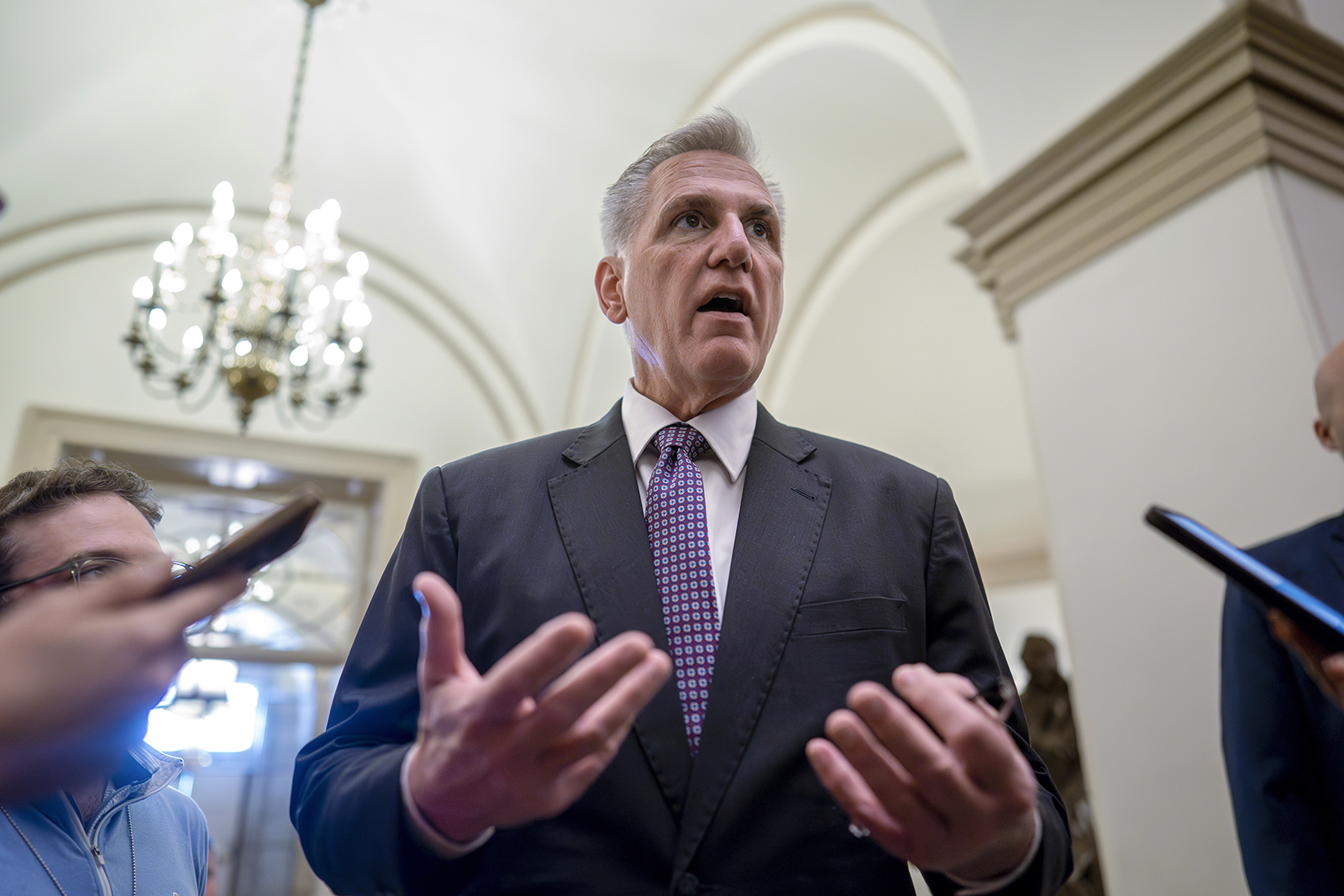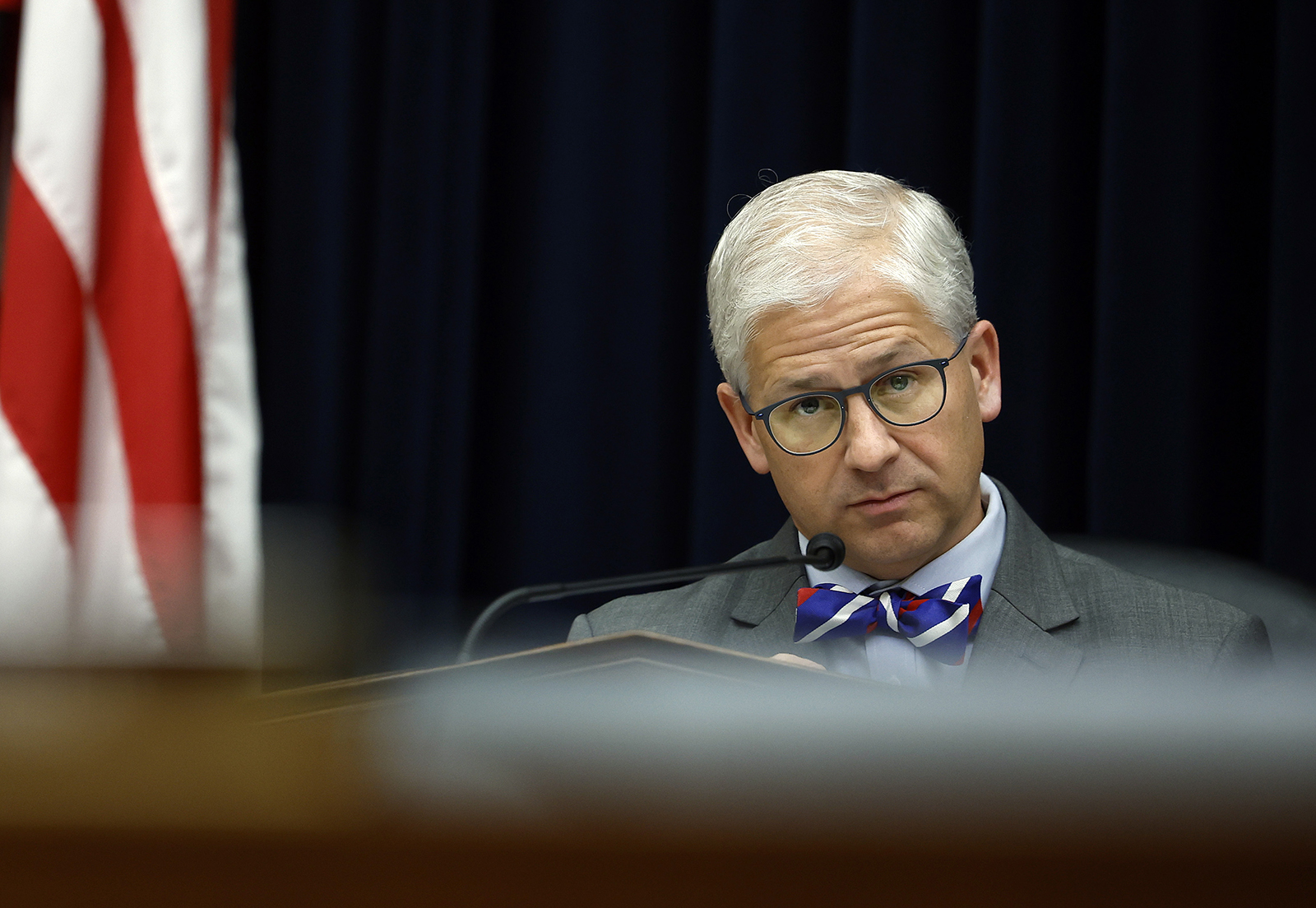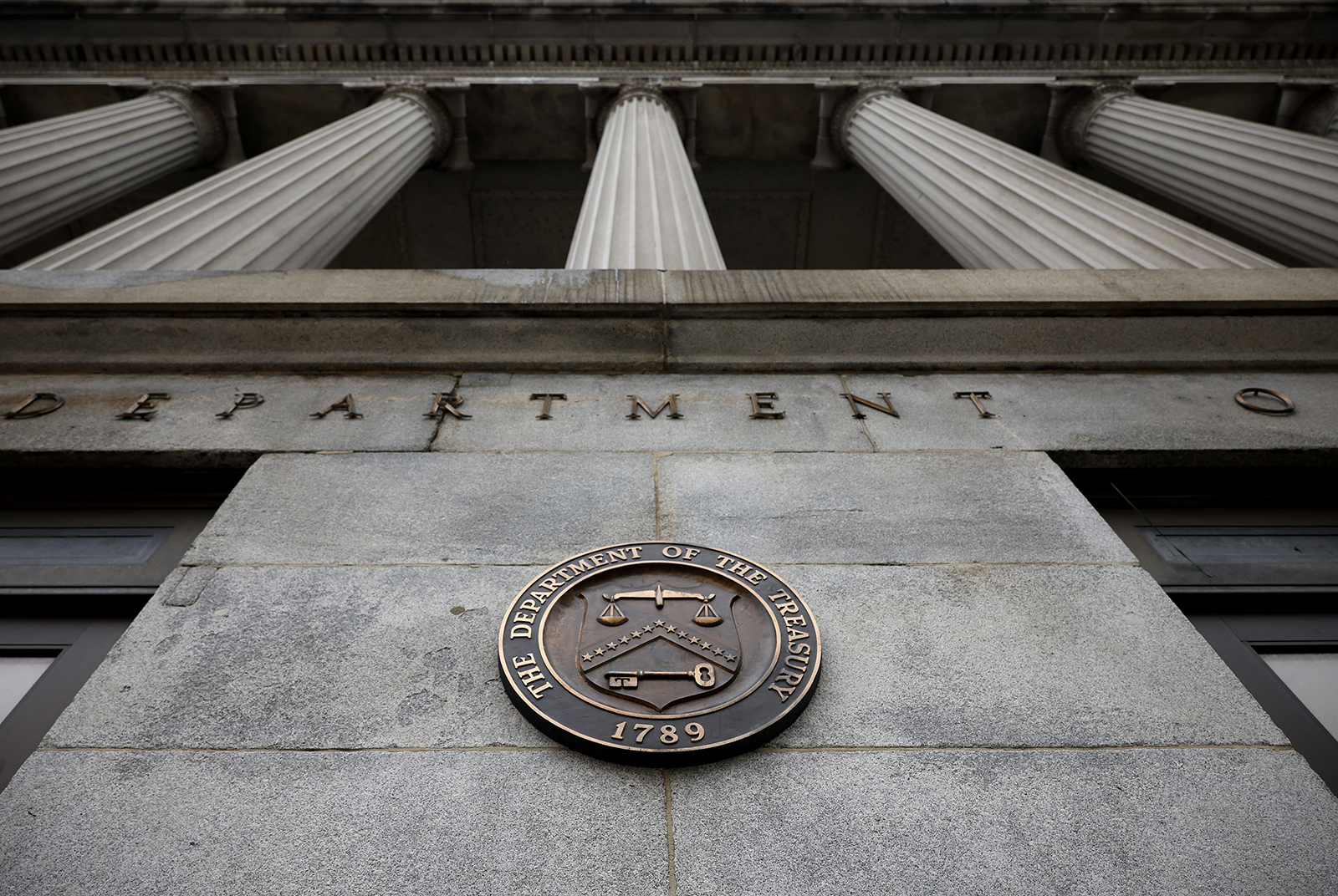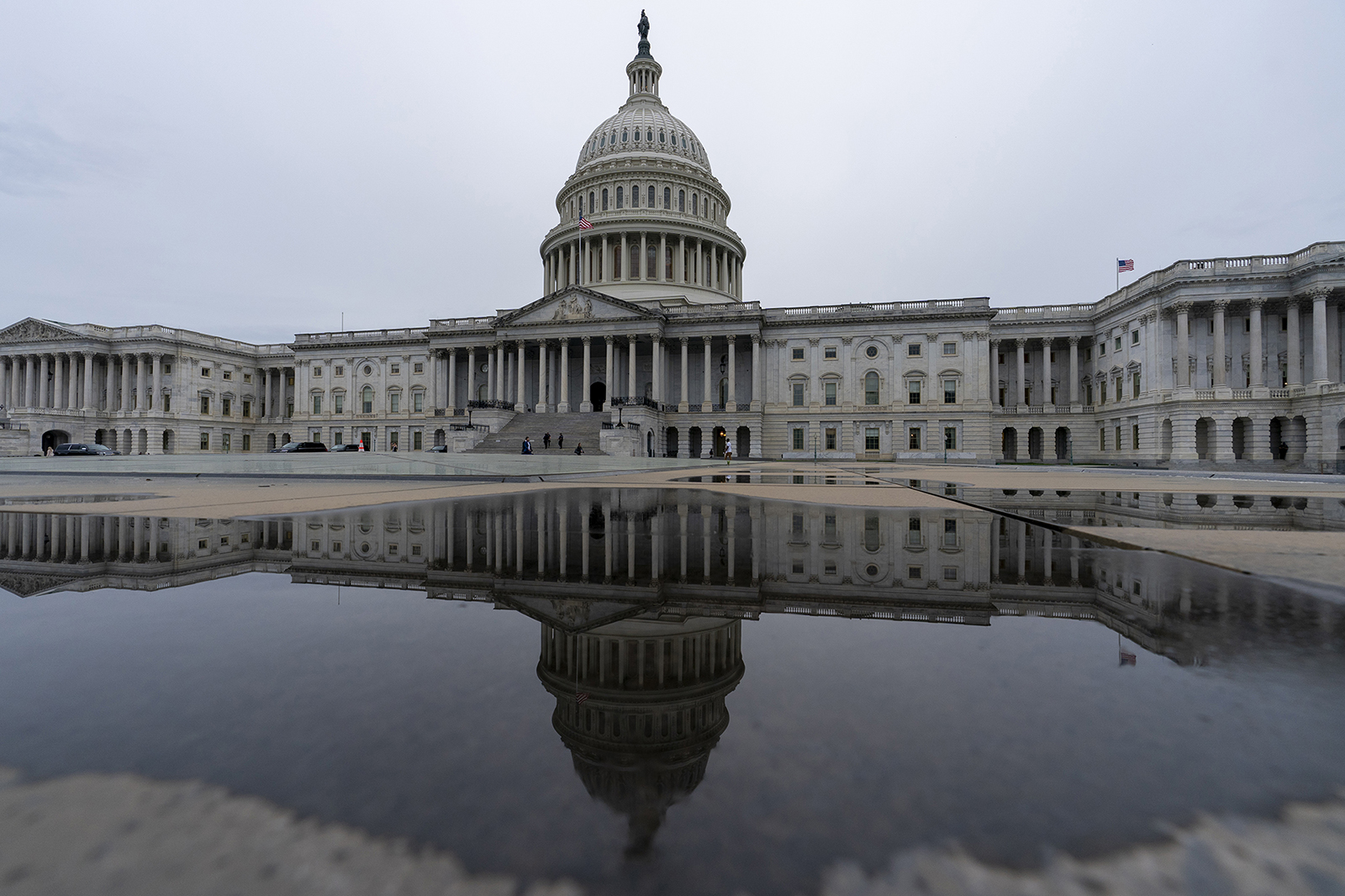
House Republicans are seeking spending cuts in the federal budget in exchange for their support to raise the debt ceiling. On Sunday, President Joe Biden acknowledged “significant” disagreement with Republicans, insisting that while he’s willing to reduce spending, tax “revenue is not off the table” as part of the deal.
Rep. Garret Graves of Louisiana, who is leading Republican negotiations on the debt ceiling, earlier this month outlined four areas where he thought there could be agreement:
- Revising the permitting process
- Clawing back unspent Covid relief funds
- Bolstering work requirements for some government aid programs
- Capping spending
Republicans have long insisted they won’t raise the debt limit without spending reductions, but Democrats have sounded the alarm over the cuts Republicans want.
Sources familiar with the White House’s thinking acknowledge that part of the reason for the temporary breakdown in talks Friday is that White House negotiators view the extent of the spending reductions House Republicans are pushing for as unacceptable, though the White House has expressed a willingness to cut some spending.
The budget proposal GOP negotiators presented over the weekend would set budget caps for six years, with the cap structure remaining the same as the House-passed bill at fiscal year 2022 levels, according to a source with direct knowledge of the matter.
The proposal included at least two items that weren’t part of their initial bill: immigration provisions and additional changes to the work requirements for food stamps, the source said. Biden said Sunday that much of what Republicans have proposed “is simply, quite frankly, unacceptable.”
Read more about this here.



